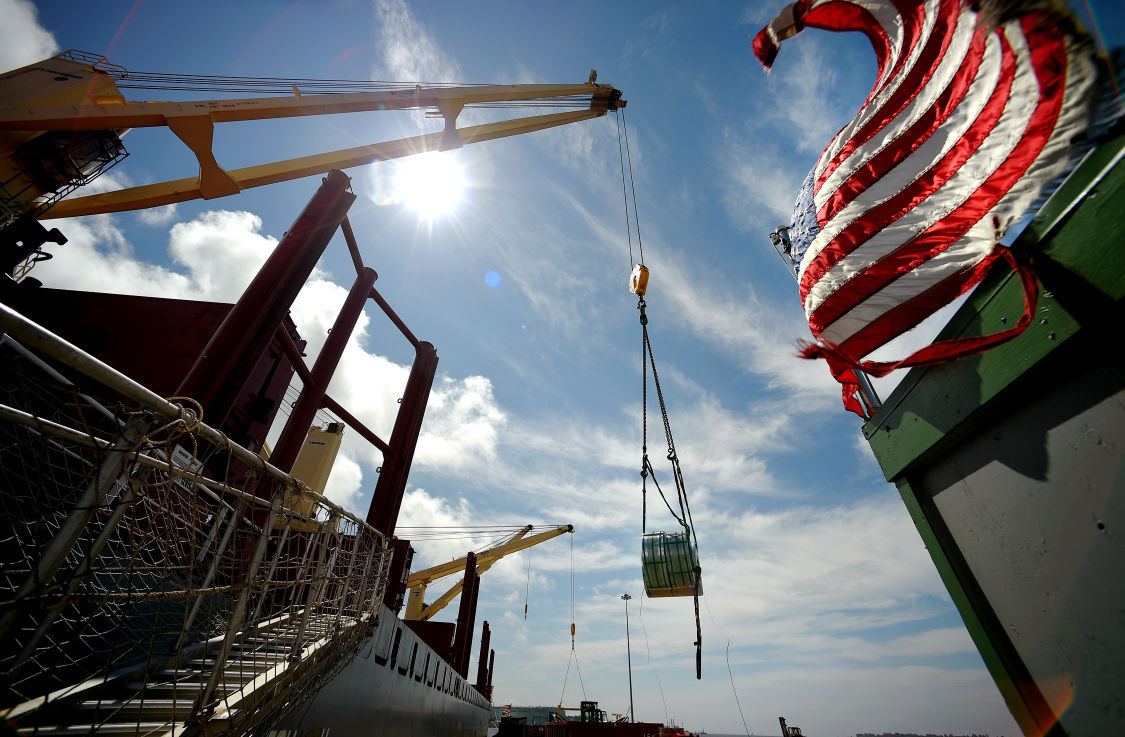Home » NAFTA negotiations stall amid Trump’s steel tariff pledge
NAFTA negotiations stall amid Trump’s steel tariff pledge


The seventh round of NAFTA negotiations closes today with little progress made on key issues. Important deliberations on country-specific quotas of auto inputs remain a sticking point.
These meetings have been upstaged by President Donald Trump’s announcement last week of US blanket tariffs of 25% on steel imports and 10% on aluminium products.
Canada, which supplies the US with 16% of all its imported steel, will be hit particularly hard by the new measures; PM Justin Trudeau has labelled the decision “absolutely unacceptable”. Canada and the EU have threatened counter-tariffs, potentially sparking a tit-for-tat trade war.
Economists warn that the White House’s tariffs will harm American industries dependent on steel more than they will help American steel producers; employees in industries using steel outnumber steel production workers by more than 6 million. Rising steel prices for manufacturers could decrease productivity and lead to layoffs.
Trump has justified the tariffs on the basis of national security, setting a risky precedent; other countries can claim the same reasoning for future tariffs. With the very real possibility of a trade war looming, expect the international community and WTO to try to force Trump to back down.
Start your day with an open-source intelligence briefing. Download The Daily Brief app.
Josh analyses the economic impacts of geopolitical developments in emerging economies. He contributes regularly to The Daily Brief.

